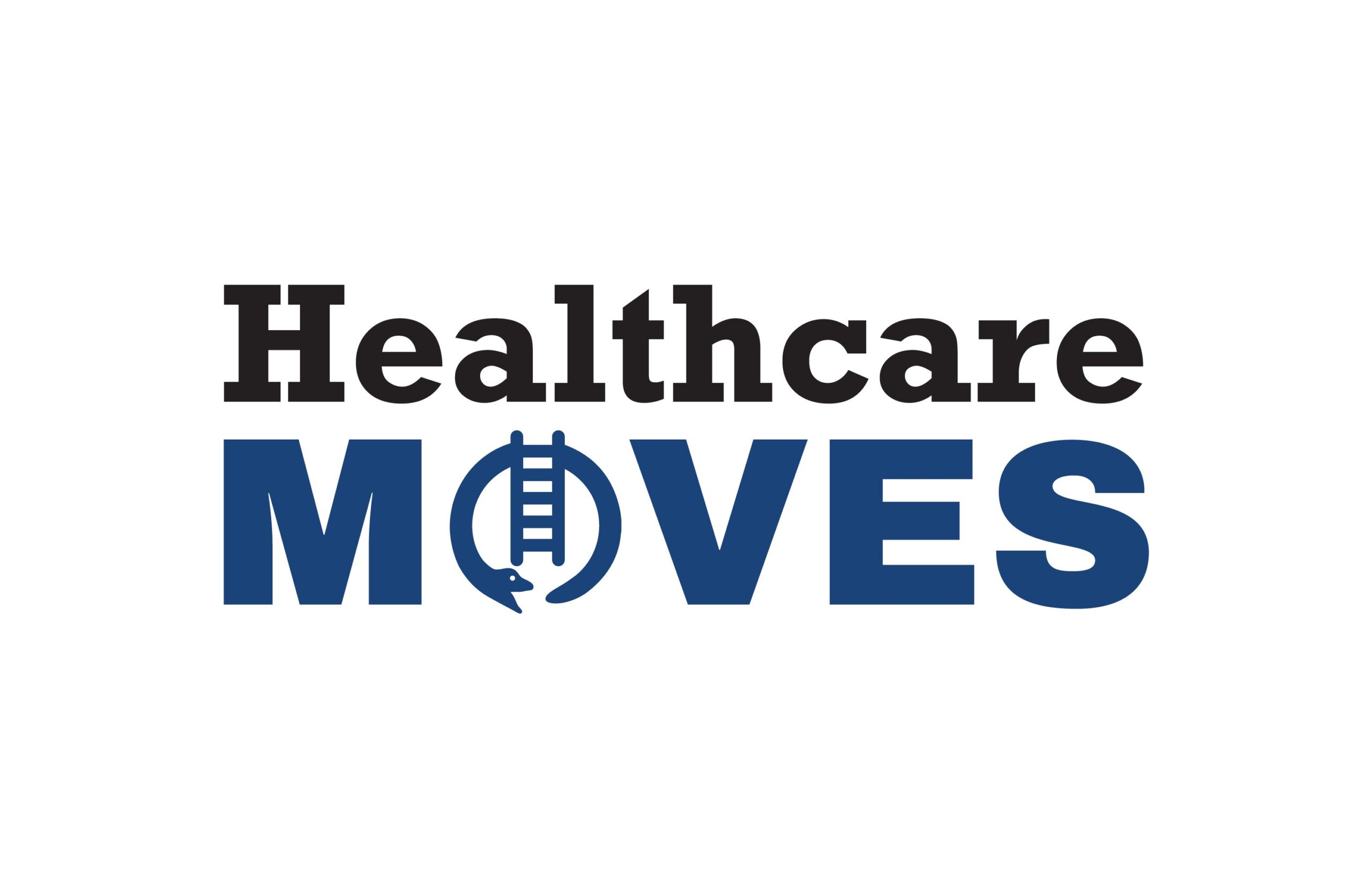Bright.md is a leading healthcare automation company dedicated to modernizing direct-to-patient telehealth for health care systems with its AI-powered virtual-care. It recently announced that Mercy, one of the top five largest US health systems, will deploy Bright.md’s asynchronous virtual care product to deliver the industry’s premier patient-focused online care experience and improve patient convenience and access.
“Mercy is committed to creating a system of care focused on the needs of those we serve, when and where they need health care. Through functionality enabled by Bright.md, we can enhance access to high-quality Mercy care to our current patients and expand our outreach to people we aren’t currently serving,” said Dr. Gavin Helton, Mercy’s senior vice president of population health.

With the Rise of AI, What IP Disputes in Healthcare Are Likely to Emerge?
Munck Wilson Mandala Partner Greg Howison shared his perspective on some of the legal ramifications around AI, IP, connected devices and the data they generate, in response to emailed questions.
Leaders at Mercy recognize that as patients act more like consumers, their demands for healthcare are shifting as well. By providing patient-centric, cost-effective care, Mercy will be able to better meet the needs of patients with minor illnesses and injuries, while enabling caregivers to focus on patients with more complex needs. Bright.md’s unique, online triage, diagnosis and treatment functionality enables a new way of meeting patient health care needs from any location at any time.
“Mercy has led the way in virtual care delivery and we are excited to work with them in building an automated point of entry that can help them treat patients more effectively and efficiently while lifting the burden that’s been put on caregivers,” said Dr. Ray Costantini, CEO and co-founder of Bright.md.
Suki, a startup seeking to solve the problem of fatigued physicians through a voice assistant, has partnered with Rx.Health, a spinout of Mount Sinai. It claims that its approach can reduce the amount of time doctors spend on documentation by 50 to 70 percent. To read more, click here.
Teleradiology startup Nines, which wants to help radiologists to prioritize imaging for review has emerged from stealth mode and officially launched. To read more, click here.
Picture: akindo, Getty Images















